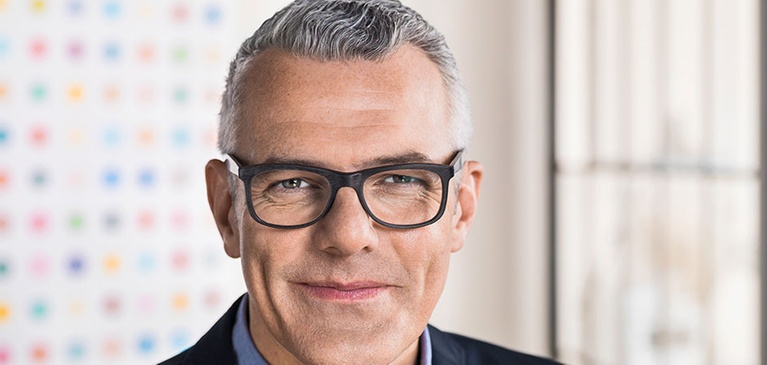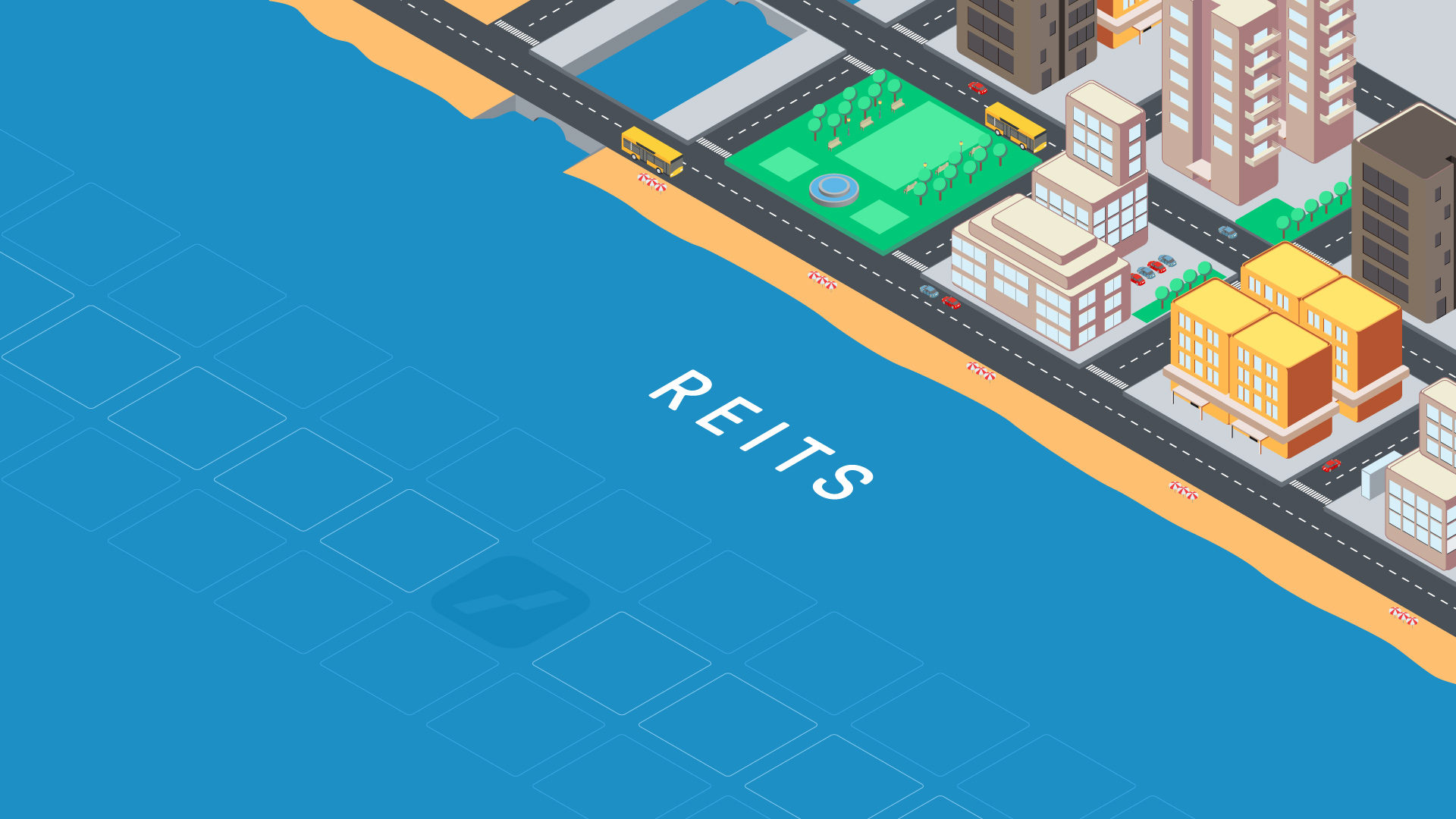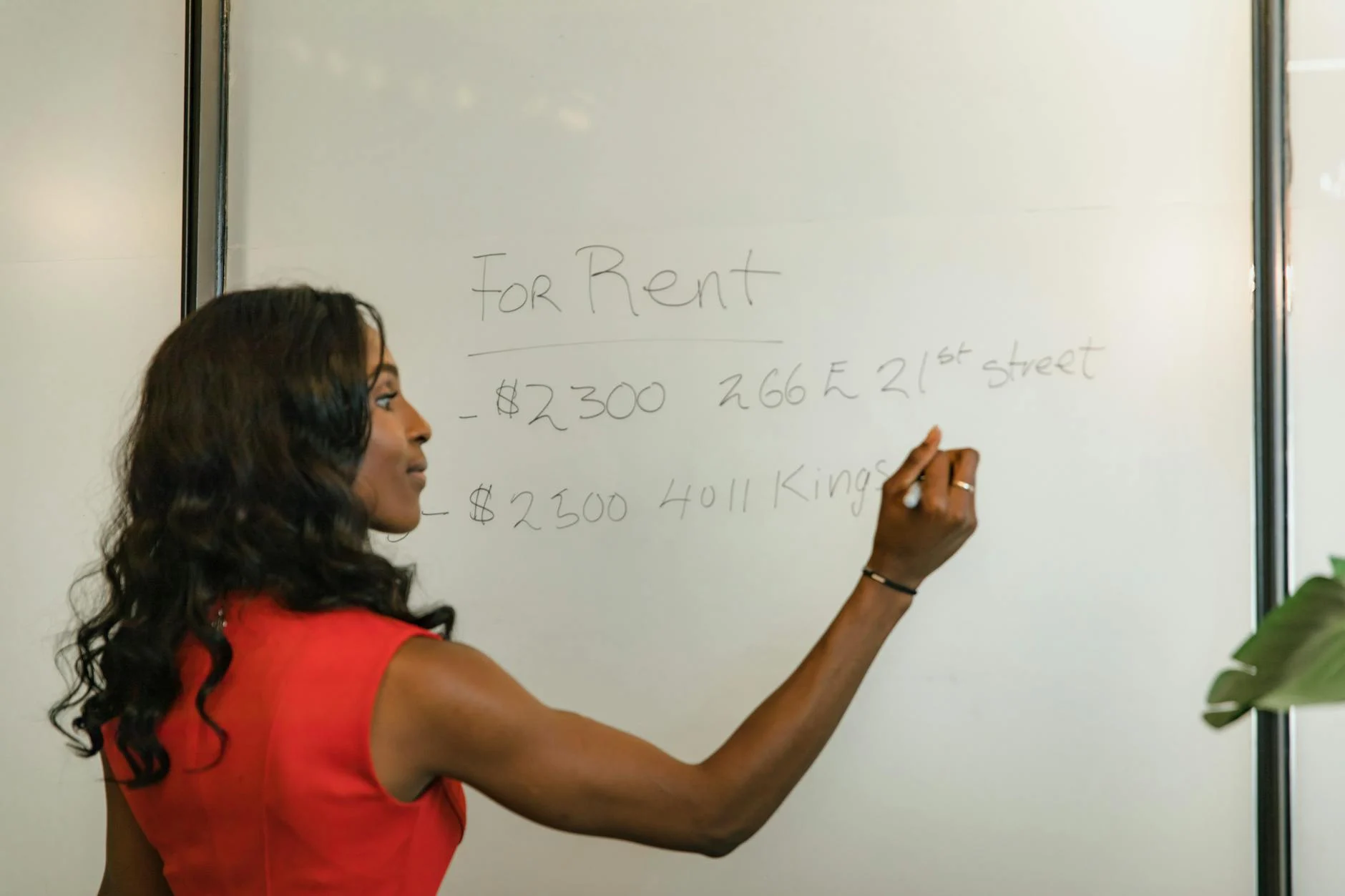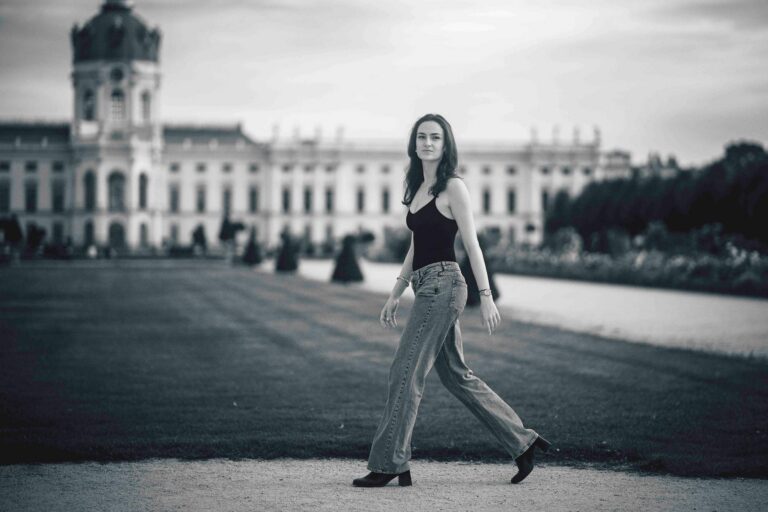Let’s talk about that €500,000 burning a hole in your pocket at age 40. You’ve done everything right, saved diligently, invested wisely, built a comfortable portfolio of stocks and ETFs. But according to your Boomer father, you’re failing at adulthood because you haven’t bought “Betongold” (concrete gold) yet.
The German property obsession is real, and it’s creating a generation of investors who feel like financial failures despite being objectively successful. But what if the traditional path to wealth through property ownership is no longer the smartest move?
The Numbers That Don’t Add Up
Here’s the scenario: You’re 40, with a partner and two elementary school kids. Your household brings in €7,500 net monthly, and you’re saving 12% of that. You’ve accumulated €500,000, primarily in diversified ETFs. You’re renting for €1,900 warm in a place that’s “not quite right but not terrible.”

The conventional wisdom says buy now before prices go higher. But let’s run those numbers. In desirable German neighborhoods, a family-sized property that won’t require immediate gut renovations will easily cost €700,000-€900,000. That’s not just your €500k, it’s your entire liquid wealth plus a substantial mortgage stretching into your 60s.
The prevailing sentiment among many international residents is that German bureaucracy ranks among the most confusing systems they’ve encountered. Now add property ownership to that mix with renovation permits, historic building restrictions, and neighbor disputes over your right to hang laundry on Sunday.
The Hidden Costs Nobody Mentions
Your father sees property as guaranteed appreciation. You see endless expenses:
- Property transaction tax (Grunderwerbsteuer) ranging from 3.5% to 6.5%
- Notary fees and realtor commissions adding another 5-7%
- Ongoing maintenance that owners consistently underestimate by 40%
- The opportunity cost of having €500k locked into one illiquid asset
One German wealth study found homeowners without mortgages have an average net worth of nearly €700,000. But correlation isn’t causation, these households typically had higher incomes to begin with, making property ownership a symptom of wealth rather than its source.
The Alternative: Financial Freedom Through Flexibility
Many investors are discovering what international residents have known for years: liquidity is the ultimate luxury. That €500k in ETFs gives you options that property owners can only dream of:
- The ability to reduce work hours without financial stress
- Geographic mobility for career opportunities
- Diversification across global markets instead of one German postal code
- No midnight calls about broken heating systems
As one investor noted, many don’t understand that money exists to solve problems. If you don’t have a housing problem that money can solve, why create one through property ownership?
REITs: Real Estate Exposure Without the Headaches
For those still wanting real estate exposure without becoming part-time landlords, German and international REITs offer compelling alternatives. These real estate investment trusts have historically outperformed during inflationary periods, providing both income and appreciation without leaking toilets or tenant disputes.

The LYNX broker analysis shows that REITs delivered stronger performance than broad market indices during inflationary periods between 1973-2020. With current yields ranging from 3-12% depending on the sector and geography, they can provide the income many seek from rental properties, minus the vacancy risk and toilet repair calls.
The Lifestyle Factor Nobody Calculates
Beyond the spreadsheets lies a deeper truth about modern wealth: it’s not about accumulating assets but about designing your life. That €500k in liquid investments could fund:
- A 4-day work week for the next decade
- Extended travel with the kids before they’re too cool for it
- Starting that business you’ve always dreamed about
- Simply working less and being more present
The German dream of homeownership was built for an era of single-company careers, geographic stability, and limited investment options. Today’s economy rewards flexibility, and that costs money, which liquid investments provide.
The Psychological Liberation
Perhaps most importantly, rejecting the property path when it doesn’t serve you represents a psychological breakthrough. You’re no longer playing someone else’s game or measuring your success by outdated metrics.
Your father’s generation couldn’t imagine global diversification or algorithmic investing. They couldn’t visualize financial security without physical assets. But you can, and that’s not just an investment strategy, it’s an evolution in how we think about wealth and security.
Making Your Decision
This isn’t a blanket rejection of property ownership. For some, it remains the right path. But if you’re 40 with €500k, no burning desire to be handy, and a life that values flexibility over permanence, you have options your parents never dreamed of.
The question isn’t whether you can afford property, it’s whether property can afford you the life you want. In today’s economy, that’s a calculation worth making before signing away your financial flexibility for 30 years.
Your money is solving exactly zero problems by sitting in property. The German dream is evolving, and you might just be ahead of the curve.



